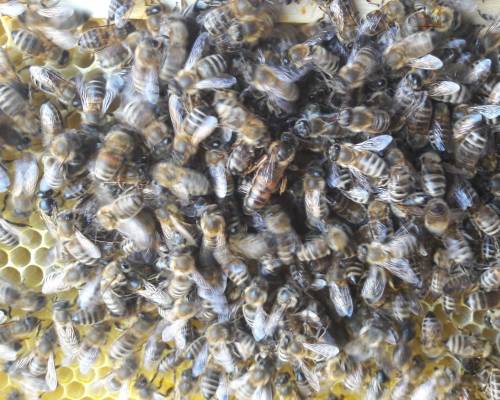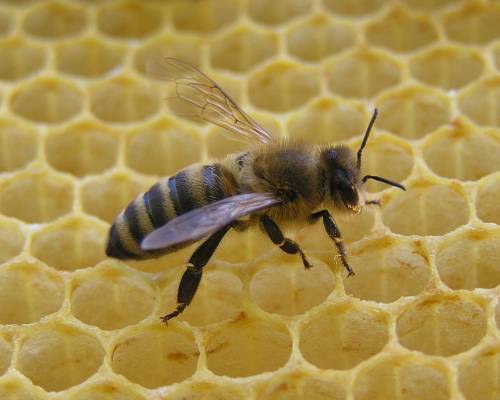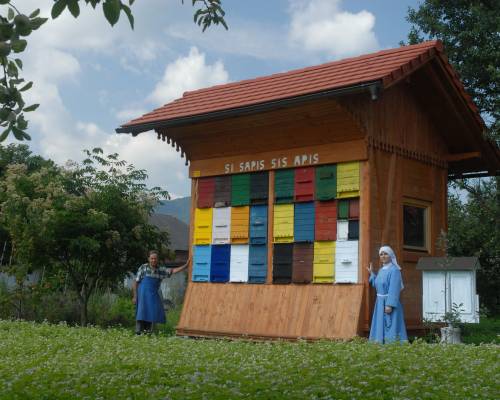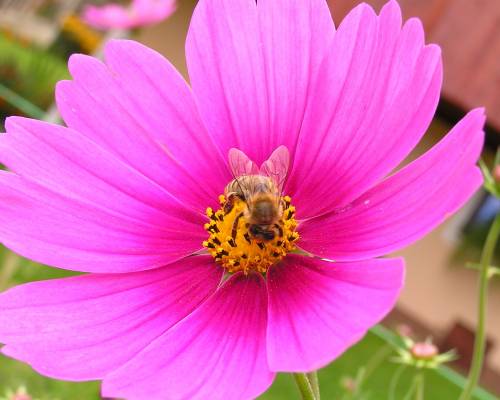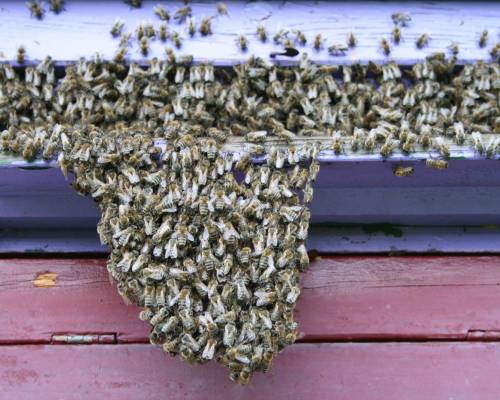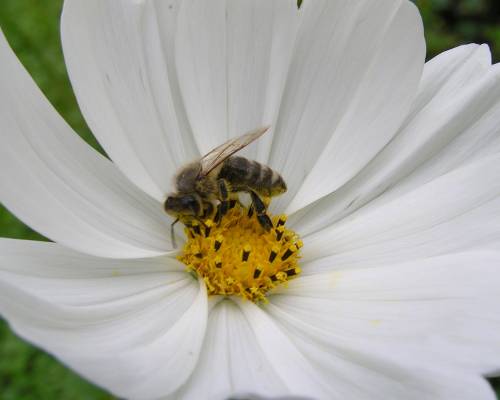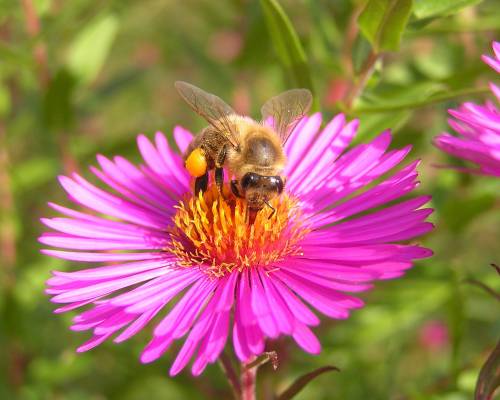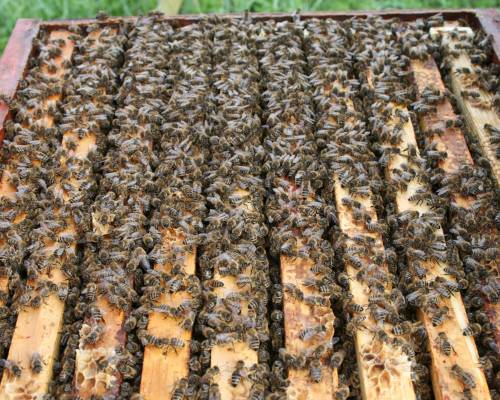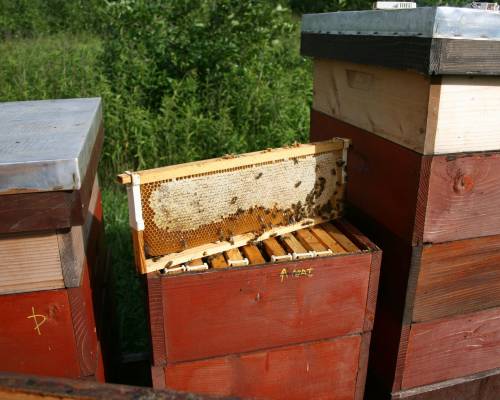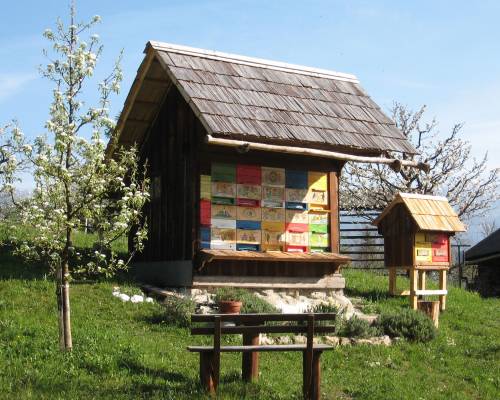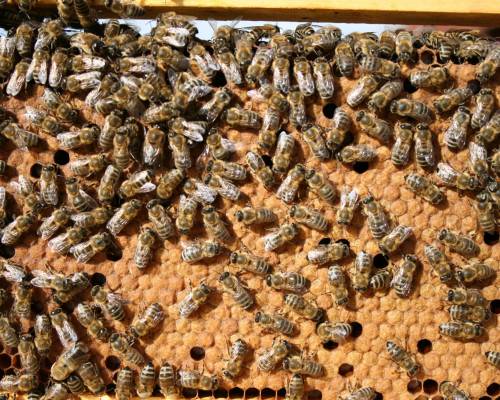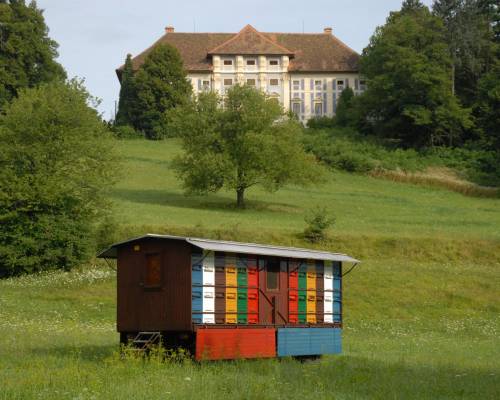Carniolan honey bee
Origin and Development
The Carniolan honey bee (Apis mellifera carnica) is native to Slovenia, where beekeeping has been a traditional agricultural activity for centuries. Due to trade, this bee subspecies has spread globally and is now the second most widespread honey bee, following the Italian honey bee (Apis mellifera ligustica).
Characteristics
Carniolan honey bees are renowned for their gentle and non-aggressive nature, making them suitable for beekeeping in populated areas. They exhibit excellent orientation skills, reducing the likelihood of drifting into neighboring hives. These bees are efficient foragers, capable of adjusting their population size in response to nectar availability. They can quickly expand their worker population during nectar flows and reduce brood production when resources are scarce. Physically, worker bees are generally dusky brown-grey with lighter brown bands, earning them the nickname “grey bee."
Distribution and Endagerment
In Slovenia, beekeeping is widespread, with approximately 12,500 apiaries and around 12,000 beekeepers. The number of purebred Carniolan honey bee queens produced annually is about 46,000, with 985 of them registered in the herdbook. The total number of bee colonies is over 208,000. The Carniolan honey bee faces several threats, including parasitic mites like Varroa destructor, which can devastate colonies if not managed properly. Other challenges include exposure to pesticides, habitat loss due to urbanization and deforestation, and climate change leading to altered flowering times and reduced forage availability.
Did you know ...
... that J. V. Valvasor (1641–1693) wrote about the deep-rooted tradition of successful beekeeping in present-day Slovenia in his work "The Glory of the Duchy of Carniola"?
Purpose and Products
Historically, Carniolan honey bees have been bred for their honey and beeswax. Today, they are also valued for their role in pollination, contributing significantly to the health of ecosystems and agriculture. Beekeepers harvest various products from these bees, including honey, pollen, royal jelly, propolis, and beeswax. Their gentle nature and efficient foraging behavior make them a popular choice among beekeepers worldwide.


